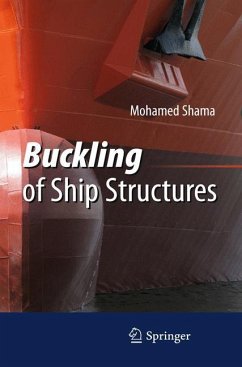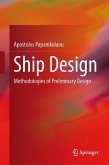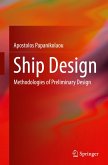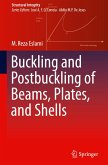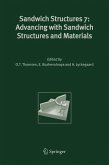Buckling of Ship Structures presents a comprehensive analysis of the buckling problem of ship structural members. A full analysis of the various types of loadings and stresses imposed on ship plating and primary and secondary structural members is given. The main causes and consequences of the buckling mode of failure of ship structure and the methods commonly used to control buckling failure are clarified. This book contains the main equations required to determine the critical buckling stresses for both ship plating and the primary and secondary stiffening structural members. The critical buckling stresses are given for ship plating subjected to the induced various types of loadings and having the most common boundary conditions encountered in ship structures.
The text bridges the gap existing in most books covering the subject of buckling of ship structures in the classical analytical format, by putting the emphasis on the practical methods required to ensure safety against buckling of ship structural members. It is very useful to ship designers, shipyard engineers, naval architects, international classification societies and also to students studying naval architecture, marine engineering and offshore structures. It is a valuable source for practicing naval architects to quickly check the possibility of buckling of ship structure members without reverting to the complex and costly analysis using advanced FEM software.
The text bridges the gap existing in most books covering the subject of buckling of ship structures in the classical analytical format, by putting the emphasis on the practical methods required to ensure safety against buckling of ship structural members. It is very useful to ship designers, shipyard engineers, naval architects, international classification societies and also to students studying naval architecture, marine engineering and offshore structures. It is a valuable source for practicing naval architects to quickly check the possibility of buckling of ship structure members without reverting to the complex and costly analysis using advanced FEM software.

